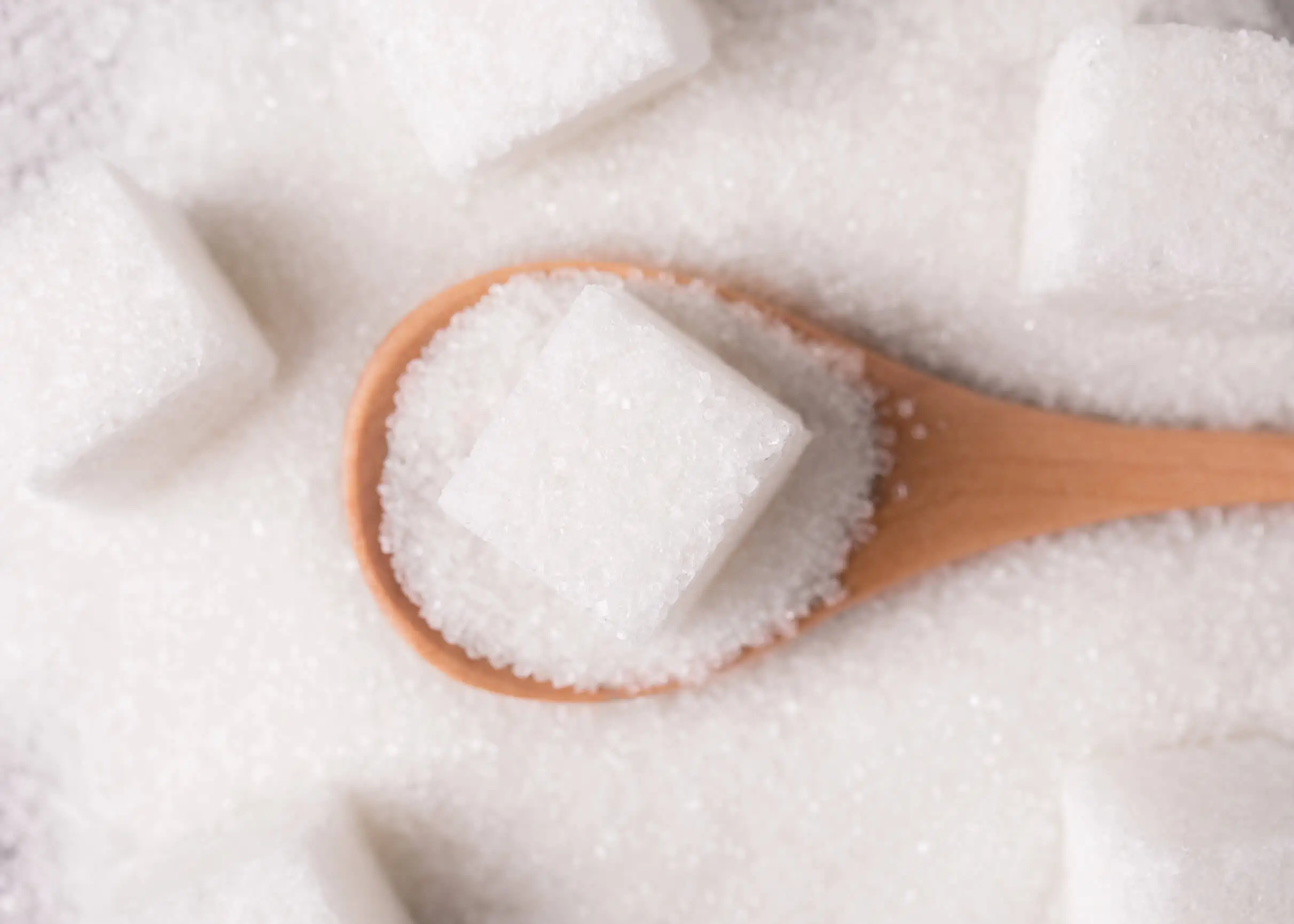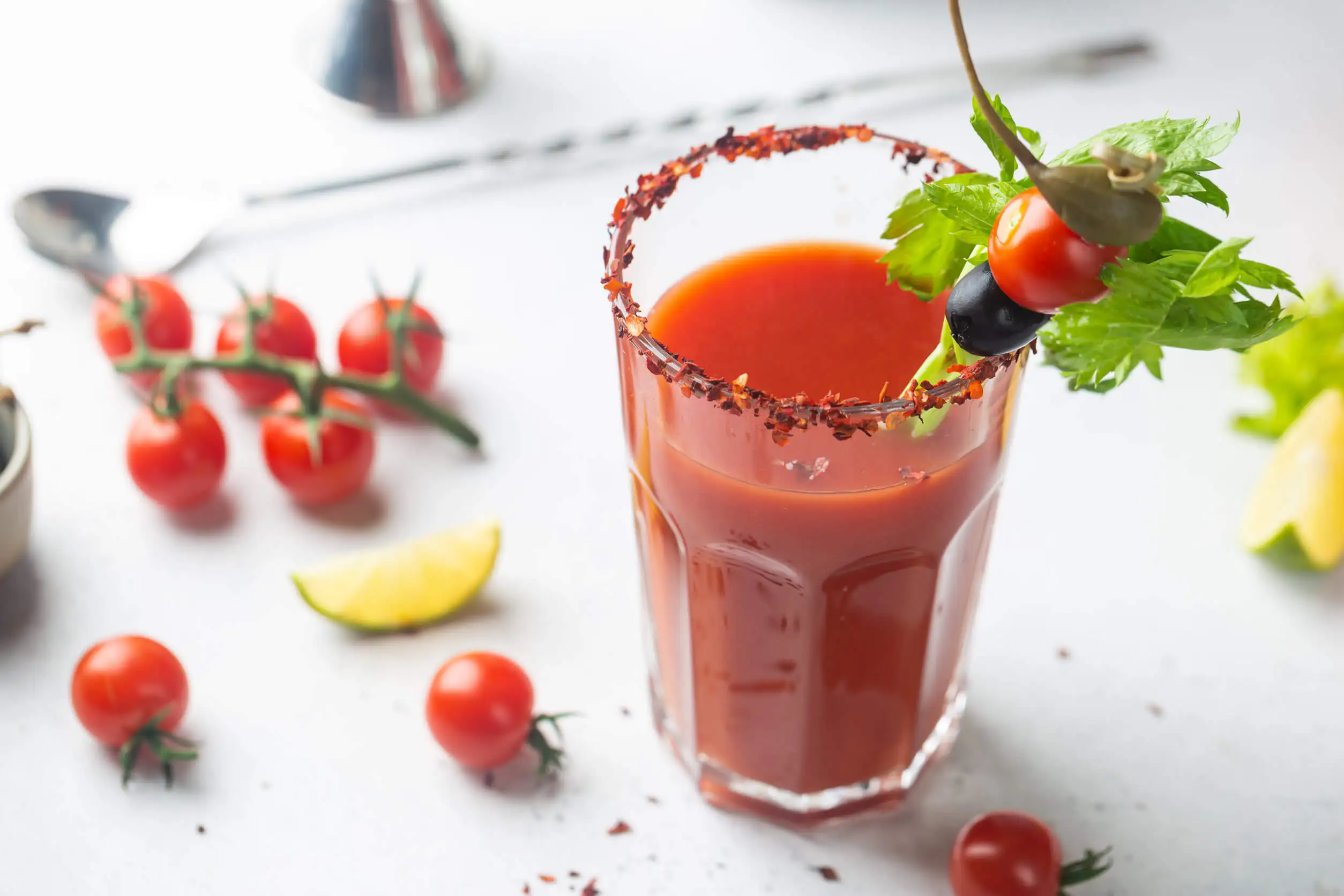4 Things to Avoid When Preparing Smoothies


Written and verified by the nutritionist Saúl Sánchez Arias
Smoothies can be good for increasing variety in your diet. However, there are a number of mistakes to avoid when preparing smoothies so as not to affect your metabolism.
It’s be important to choose the right ingredients and not to use simple sugars in abundance. Remember that shakes are a supplement and should never be used as a substitute for meals or as the main source of nutrients. Otherwise, you may experience deficits or problems with enzyme production in the internal environment.
What should you avoid when preparing smoothies?
Here are the things to avoid when preparing smoothies correctly. Include them in the context of a balanced and varied diet to get the most out of them.
It’s always a good idea to consume the same amount of calories as you expend, so as not to cause alterations in body weight due to fat accumulation.
We think you may be interested in reading this, too: Cucumber, Lemon, and Mint Smoothie That May Help You Slim Down
1. Beware of added sugars
When preparing shakes, you should avoid adding table sugar as such.
This element is harmful to metabolic health in the medium term. According to a study published in the journal Current Diabetes Reports, the regular presence of simple carbohydrates in the diet results in insulin resistance and an increased risk of developing type 2 diabetes. They’re much more dangerous when administered through a liquid medium.
If you want a sweeter taste, try incorporating some type of artificial sweetener in the recipe. These don’t have any calories and don’t significantly affect blood glucose levels. However, some of them have been shown to reduce the density and diversity in the microbiota.

2. Go easy on the fruit
Fruit is a source of phytochemicals with high quality antioxidant capacity.
These elements neutralize the formation of free radicals and their subsequent accumulation in the tissues. Thanks to this effect, the incidence of several chronic and complex pathologies is greatly reduced, as stated in a research published in the European Journal of Medicinal Chemistry.
In any case, fruit also contains a significant amount of fructose. We’re talking about a simple sugar that could generate alterations at the metabolic level.
It’s linked to a higher risk of suffering from fatty liver disease, especially when consumed in sedentary contexts. Eating fruit is positive, but it should always be eaten in its natural state. This prevents the fibers from degrading and the absorption of carbohydrates is faster.
3. Don’t make smoothies without a source of protein
One of the main mistakes when preparing smoothies is forgetting to include a source of protein in the recipe.
These nutrients are essential to increase the genesis of satiety, managing to regulate appetite. In addition, they have a decisive structural function in the body.
If there’s a sustained deficit over time, lean mass and muscle strength values will be negatively affected. For this reason, we should always ensure that dairy products or nuts are included in the shake as a source of protein.
Proteins of animal origin are of higher quality, but vegetable proteins can also play a role in this case. In addition, nuts are a source of essential fatty acids, which are necessary elements to control the levels of inflammation in the body.
Like this article? You may also like to read: How to Make a Homemade Carrot Smoothie and its Benefits
4. Avoid alcoholic beverages
Alcohol is a toxic substance regardless of the dose consumed.
Many recipes advise the inclusion of alcoholic beverages in certain shakes to improve their taste. However, this is not a good option.
Not only does it cause short-term disturbances, but it will also lead to organ and system malfunctions over time. For this reason, its presence in the diet should be restricted.
This is not always easy, as it’s a socially accepted drug, but it should be tried. At the very least, it’s a good idea not to include alcohol in preparations that can be consumed on a regular basis, such as milkshakes. It’s also not an option to consider for cooling off on hot days, since alcohol acutally dehydrates you.

Beware of the things you should avoid when preparing smoothies
There are a number of things you should avoid when preparing shakes to improve the nutritional value of the shakes and to prevent them from negatively affecting the functioning of the metabolism. However, when prepared correctly, they can be an excellent source of vitamins, minerals, and elements with antioxidant capacity.
Keeping inflammation and oxidation levels under control is critical to improving our health.
Remember that when the objective is to prevent the development of complex diseases, it’s not enough just to take care of the diet. It will be necessary to implement a series of habits as a whole. Among them, it’s necessary to emphasize the need to practice physical activity on a regular basis.
All cited sources were thoroughly reviewed by our team to ensure their quality, reliability, currency, and validity. The bibliography of this article was considered reliable and of academic or scientific accuracy.
- Yoshida, Y., & Simoes, E. J. (2018). Sugar-Sweetened Beverage, Obesity, and Type 2 Diabetes in Children and Adolescents: Policies, Taxation, and Programs. Current diabetes reports, 18(6), 31. https://doi.org/10.1007/s11892-018-1004-6
- Suez, J., Korem, T., Zeevi, D., Zilberman-Schapira, G., Thaiss, C. A., Maza, O., Israeli, D., Zmora, N., Gilad, S., Weinberger, A., Kuperman, Y., Harmelin, A., Kolodkin-Gal, I., Shapiro, H., Halpern, Z., Segal, E., & Elinav, E. (2014). Artificial sweeteners induce glucose intolerance by altering the gut microbiota. Nature, 514(7521), 181–186. https://doi.org/10.1038/nature13793
- Neha, K., Haider, M. R., Pathak, A., & Yar, M. S. (2019). Medicinal prospects of antioxidants: A review. European journal of medicinal chemistry, 178, 687–704. https://doi.org/10.1016/j.ejmech.2019.06.010
This text is provided for informational purposes only and does not replace consultation with a professional. If in doubt, consult your specialist.








